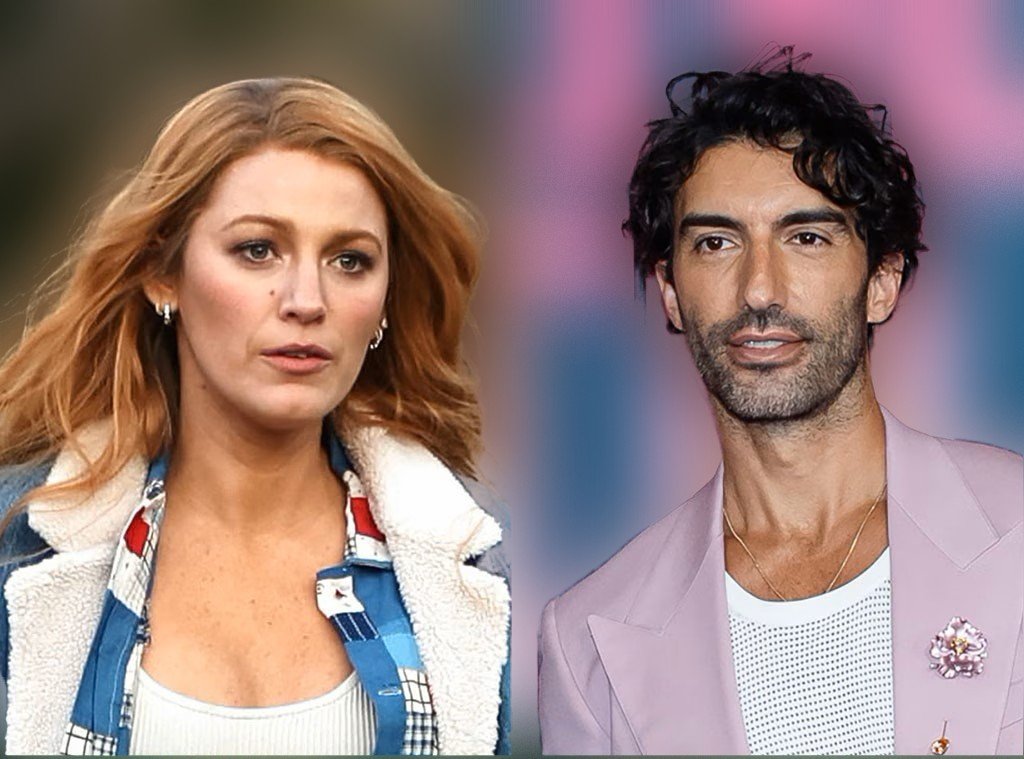The entertainment world is captivated by the escalating legal battle between Justin Baldoni and Blake Lively. What began as a collaboration on the film It Ends With Us has spiraled into a contentious clash of lawsuits and allegations. The high-profile feud highlights claims of workplace misconduct, defamation, and power struggles that could reshape the public perception of both stars.
Blake Lively has accused Justin Baldoni of creating a hostile work environment during the production of It Ends With Us, citing incidents of sexual harassment, body-shaming, and inappropriate behavior. Among her allegations are claims that Baldoni entered her trailer uninvited, showed explicit content, and attempted to add unwarranted sexual content to the script. Her initial complaint with the California Civil Rights Department has since evolved into a federal lawsuit, accusing Baldoni and his associates of retaliation and emotional distress.
Justin Baldoni, on the other hand, has firmly denied these allegations, accusing Lively of orchestrating a smear campaign to damage his reputation. In response, Baldoni filed a $250 million libel lawsuit against The New York Times, claiming the publication misrepresented text messages and communications to support Lively’s narrative. His legal team, led by Bryan Freedman, asserts that the unedited messages will clear Baldoni of any wrongdoing, promising to release all communications for public scrutiny.
Text messages have become a critical element in this legal drama, with each side presenting differing interpretations. Lively maintains that the texts substantiate her claims, while Baldoni insists they reveal a broader context that contradicts her allegations. The controversy also extends to accusations of manipulation, with Baldoni alleging that Lively sought to exclude him from key promotional events and undermine his connection to the film.
The feud has drawn attention to other incidents, including claims that Ryan Reynolds, Lively’s husband, confronted Baldoni during a production meeting. While reports describe the exchange as tense, accounts differ on the severity of the confrontation. Baldoni’s lawsuit further accuses Lively of subjecting him to humiliating conditions at the film’s premiere, framing these actions as part of a calculated effort to discredit him.
As the legal battle intensifies, both parties remain resolute. Baldoni has indicated plans to countersue Lively, accusing her of defamation and reputational harm. Lively, in turn, hopes her legal action will expose broader issues within the entertainment industry, shedding light on systemic problems and protecting others from similar retaliation.
This high-profile case underscores the complexities of power dynamics in Hollywood, raising questions about workplace misconduct, accountability, and the role of media in shaping narratives. While the truth behind the allegations remains a matter for the courts, the implications of this dispute are likely to extend far beyond the careers of the involved parties. The outcome could set new precedents for how allegations and conflicts are addressed within the entertainment world, prompting necessary conversations about values, ethics, and transparency in the industry.
As this story unfolds, it continues to dominate headlines, offering a compelling glimpse into the challenges and stakes of navigating Hollywood’s complex landscape.
Also Read:
Justin Baldoni Sues The New York Times for $250M Over Blake Lively Drama
